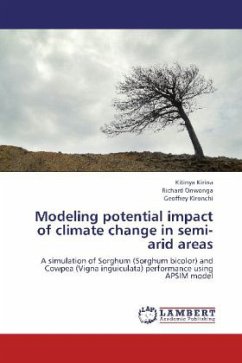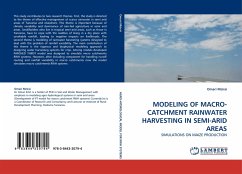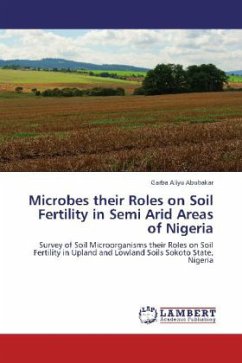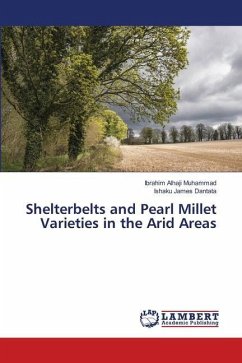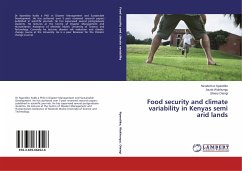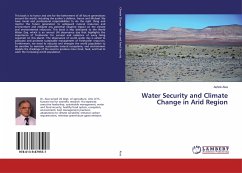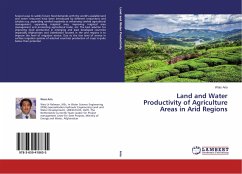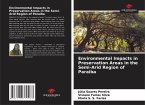Climate change is considered the issue in the 21st century. The impacts are global and far reaching, affecting directly or indirectly most of production sectors. The greatest impact is expected to be felt in agriculture. Even though economies of most African countries depend on agriculture, however, there is scanty of information on the potential impacts of climate change in agriculture. Without adequate information, farmers capacity to adopt is lowered; development and application of adoptive technologies could be slow, policy formulation targeting mitigation and adaptation may not be well informed. This study employed the use of APSIM crop model to simulate potential impacts of climate change on crop production, with focus in Arid and semi-arid areas (ASALs) of Kenya. This book strives to paint the picture of futurity of agriculture under different climate change scenarios and thus contributing to climate change information in ASAL areas. Agricultural extension workers, students and researchers in the agricultural field and policy makers, could benefit from the material in this book.
Bitte wählen Sie Ihr Anliegen aus.
Rechnungen
Retourenschein anfordern
Bestellstatus
Storno

